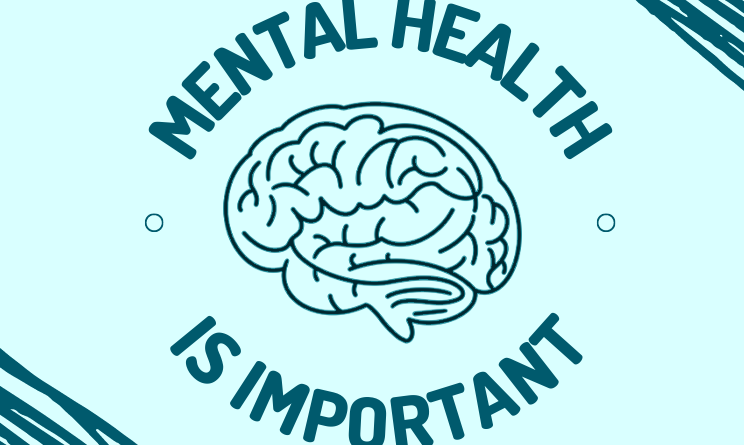The Importance of Mental Health Awareness for Students
Mental health is a crucial aspect of overall well-being, especially for students who often face significant academic and social pressures. In Nigeria, mental health awareness is gradually gaining attention, but there’s still a long way to go. Here’s why mental health awareness is essential for students and how they can prioritize their mental well-being.
1. Understanding Mental Health
- Mental health encompasses emotional, psychological, and social well-being. It affects how students think, feel, and act, influencing their ability to cope with stress and challenges.
- Common Mental Health Issues: Anxiety, depression, stress, and burnout are prevalent among students, and recognizing these issues is the first step toward seeking help.
2. Recognizing the Signs of Mental Health Issues
- Students should be aware of the signs that indicate a need for mental health support. These may include changes in mood, difficulty concentrating, withdrawal from social activities, and significant changes in sleep or appetite.
- Self-Assessment Tools: Encourage students to use mental health screening tools available online to evaluate their mental health status.
3. Seeking Help and Support
- Encouraging students to seek help is vital. Universities often provide counseling services, and students should feel empowered to use these resources without stigma.
- How to Seek Help: Approach a trusted counselor, professor, or mental health professional, and don’t hesitate to ask for support.
4. Creating a Supportive Environment
- Building a supportive community among peers is essential for mental health. Students can create safe spaces where they can share their experiences and support each other.
- Group Activities: Forming study groups or engaging in social activities can foster connections and provide emotional support.
5. Practicing Self-Care
- Self-care is crucial for maintaining mental health. Students should develop routines that prioritize their well-being, including exercise, healthy eating, and adequate sleep.
- Self-Care Activities: Consider hobbies, meditation, mindfulness, and spending time outdoors as effective self-care practices.
6. Balancing Academic and Personal Life
- Finding a balance between academic responsibilities and personal life is essential for mental well-being. Students should allocate time for relaxation and social activities to reduce stress.
- Time Management Tips: Use planners to schedule study time and leisure activities, ensuring a balanced approach to life.
7. Engaging in Open Conversations
- Fostering open discussions about mental health can help reduce stigma. Students should feel comfortable talking about their mental health experiences and supporting others.
- Promoting Awareness: Organize workshops or events focused on mental health awareness and education on campus.
8. Utilizing Online Resources
- Various online platforms offer mental health resources, including hotlines, counseling services, and informative articles. Students can access these resources at their convenience.
- Websites to Explore: Mental Health Foundation, Mind Nigeria, and local support groups.
9. Incorporating Mindfulness Practices
- Mindfulness practices, such as meditation and yoga, can help students manage stress and anxiety. Integrating these practices into daily routines can improve overall mental well-being.
- Mindfulness Apps: Explore apps like Headspace or Calm for guided meditations and mindfulness exercises.
10. Advocating for Mental Health Awareness
- Students can take an active role in advocating for mental health awareness on campus. Organizing events, workshops, and campaigns can help promote understanding and support for mental health issues.
- Ways to Advocate: Collaborate with student organizations to host mental health awareness events and discussions.
Conclusion
Mental health awareness is essential for students navigating academic and social pressures. By prioritizing mental well-being and fostering supportive environments, Nigerian students can enhance their overall quality of life and academic performance.




